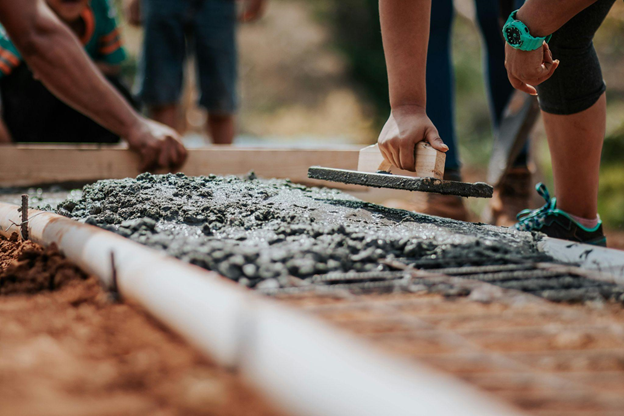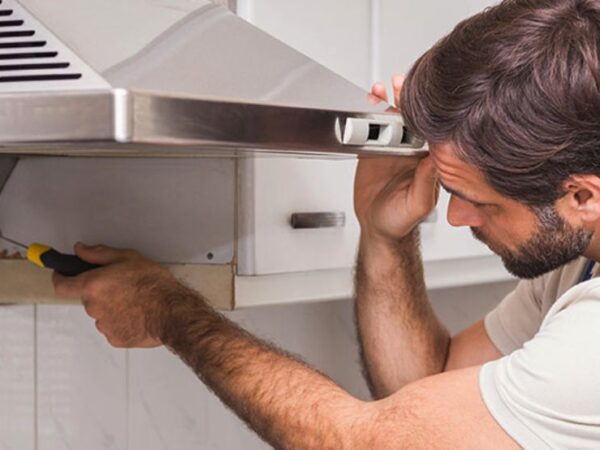In the realm of construction projects, efficiency is paramount.
Whether you’re erecting a towering commercial skyscraper or crafting a cozy residential abode, two critical components demand meticulous attention: debris hauling and water well drilling.
Often relegated to the background, these aspects wield significant influence over project timelines, costs, and overall success. Here, we delve into comprehensive strategies to streamline these essential processes, ensuring smoother operations and optimal project outcomes.
1. Comprehensive Planning: Setting the Foundation for Success
Before embarking on any construction endeavor, thorough planning lays the groundwork for success.
For commercial projects, this entails a comprehensive assessment of commercial construction debris hauling needs, including estimating waste volumes, identifying recyclable materials, and establishing efficient disposal protocols.
Similarly, residential water well drilling requires meticulous planning, encompassing geological surveys, permit acquisition, and logistical arrangements for drilling equipment and personnel.
By addressing these crucial aspects proactively, you set the stage for seamless execution and minimize potential setbacks along the way.
2. Harnessing the Power of Technology: Driving Efficiency and Precision
In today’s digital age, technological advancements offer invaluable tools to enhance construction efficiency. Implementing advanced debris tracking systems enables real-time monitoring of waste removal activities, optimizing route planning and resource allocation while minimizing downtime.
Likewise, leveraging state-of-the-art drilling equipment equipped with precision technology facilitates accurate well placement and expedited drilling speeds, reducing project timelines and enhancing overall productivity.
Embrace these cutting-edge innovations to streamline operations and maximize efficiency on your construction site.
3. Strategic Partnerships: Collaborating for Success
Collaborating with reputable professionals is key to navigating the complexities of debris hauling and water well drilling effectively.
When selecting debris hauling partners, prioritize companies with a proven track record of timely waste removal and adherence to eco-friendly disposal practices.
Similarly, entrust water well drilling to licensed professionals with extensive experience and expertise in local regulations and industry best practices.
By forging strategic partnerships with trusted professionals, you mitigate risks, ensure compliance, and uphold quality standards throughout the construction process.
4. Commitment to Sustainability: Balancing Environmental Stewardship with Project Objectives
In an era of heightened environmental awareness, sustainable practices are paramount in construction projects. Opt for debris hauling partners committed to eco-friendly disposal methods, such as recycling and repurposing materials whenever feasible.
Likewise, incorporate sustainable water management strategies into water well drilling projects, such as rainwater harvesting systems and greywater recycling initiatives.
By prioritizing sustainability, you not only minimize environmental impact but also enhance the long-term viability and appeal of your construction projects, fostering a legacy of responsible stewardship for future generations.
Conclusion:
In conclusion, efficient debris hauling and water well drilling are indispensable components of successful construction projects.
By embracing comprehensive planning, harnessing technological innovations, fostering strategic partnerships, and prioritizing sustainability, you can streamline these critical processes and propel your project towards excellence.
Remember, every decision made in the planning stages reverberates throughout the construction lifecycle. Invest wisely in these foundational elements, and witness the transformation of your vision into reality with efficiency, efficacy, and environmental consciousness at the forefront.





